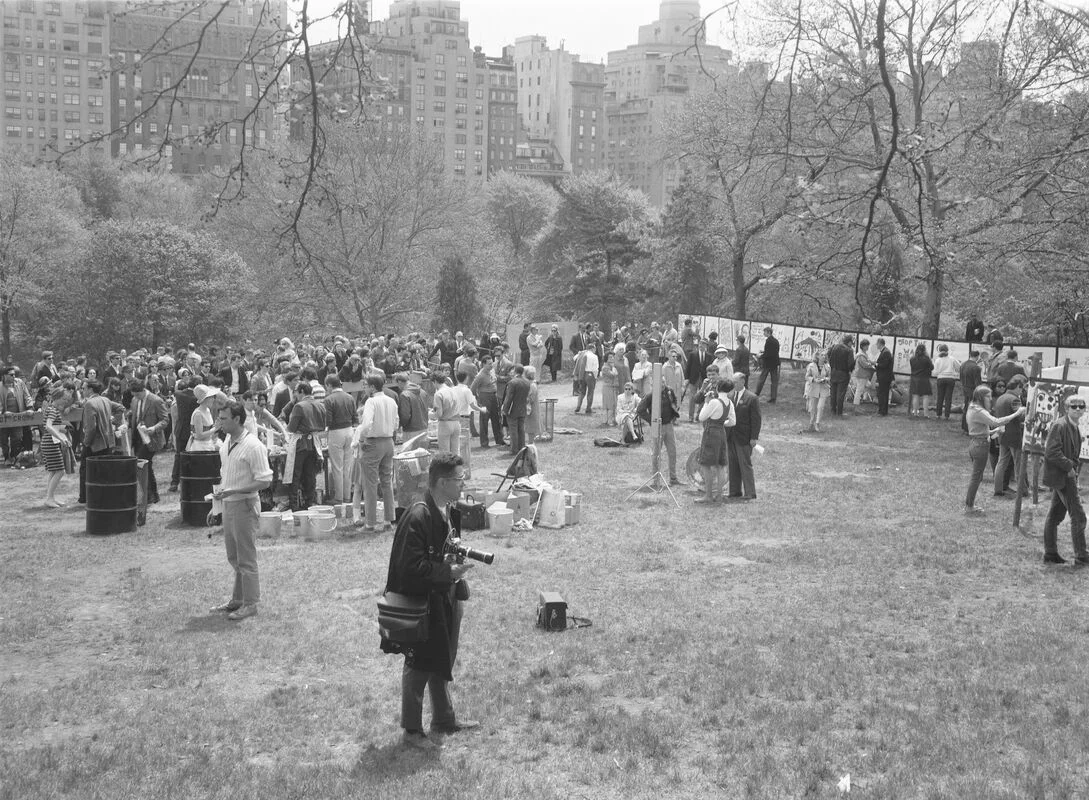Dreaming Diaspora in Chinatowns Around the Globe: An Interview with Diane Wong
Today on Gotham, Minju Bae interviews Diane Wong, co-curator of Homeward Bound: Global Intimacies in Converging Chinatowns, a recently-concluded exhibition at Pearl River Mart. Homeward Bound displayed photographs from thirteen Chinatowns around the world. These photographs came from the curators’ personal projects to learn from the people who have built homes, families, and communities in a global diaspora. The exhibit will travel to a number of other locations starting in the spring of next year.
Read More









